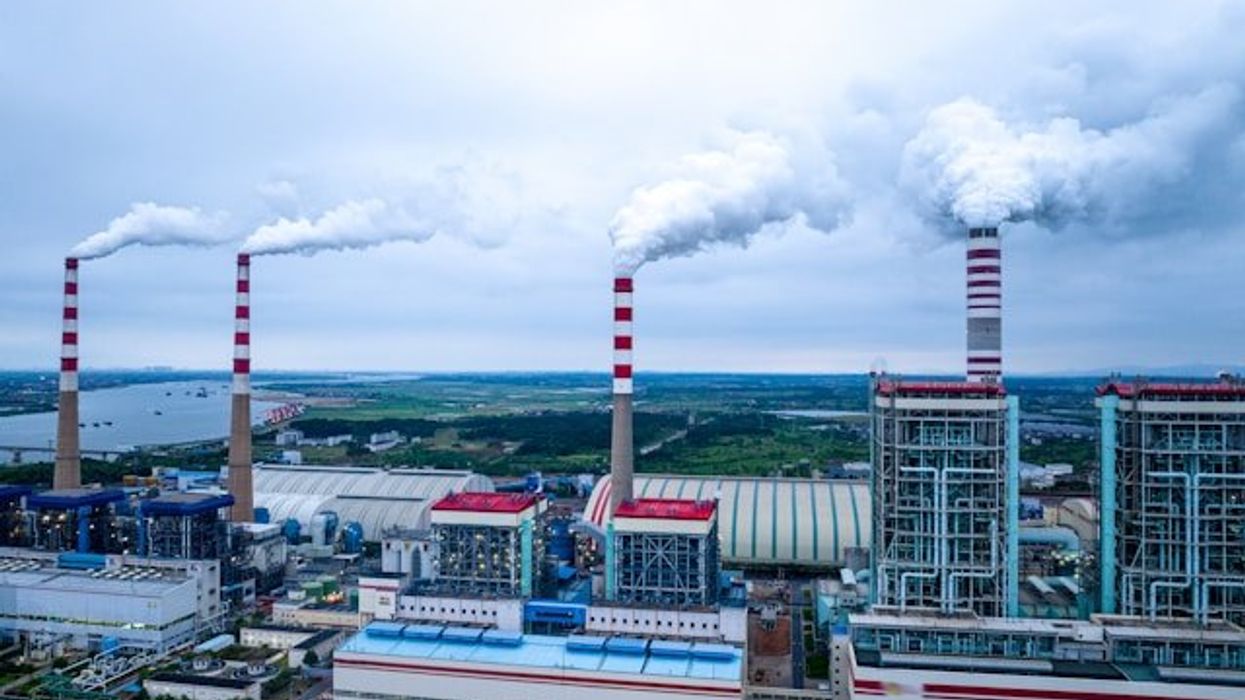The U.S. Environmental Protection Agency's proposed repeal of its 2009 endangerment finding last week is part of an unprecedented shift away from environmental safeguards and science-based policymaking.
David Gelles and Maxine Joselow report for The New York Times
In short:
- Administrator Lee Zeldin framed the rollback as relief from regulatory costs on households and businesses.
- The action follows dismissal of federal climate scientists, proposed cuts to greenhouse-gas monitoring, and a push to shift disaster response costs to states.
- Critics say abandoning decades of bipartisan safeguards will leave communities more exposed to extreme heat, storms, and pollution.
Key quote:
“It’s a radical transformation of government’s role, in terms of its intervention into the economy to try to promote the health and safety of citizens."
— Donald Kettl, professor emeritus at the University of Maryland School of Public Policy
Why this matters:
Repealing the endangerment finding is more than a bureaucratic shuffle; it removes the legal engine that let Washington crack down on the carbon dioxide, methane, and other gases trapping heat in the atmosphere. Without that backstop, states must shoulder the burden just as record-breaking heat domes, flash floods, and wildfire smoke drive up emergency-room visits and insurance rates. Low-income neighborhoods, already more likely to sit near highways and power plants, face hotter air and higher asthma rates yet have fewer resources to adapt. Economists warn that unchecked climate damage can slice billions from productivity, agriculture, and coastal property values, turning today’s regulatory fight into tomorrow’s household inflation and public health crises.
Learn more: Architect of EPA's 'endangerment finding' warns about consequences of Trump administration's repeal
















